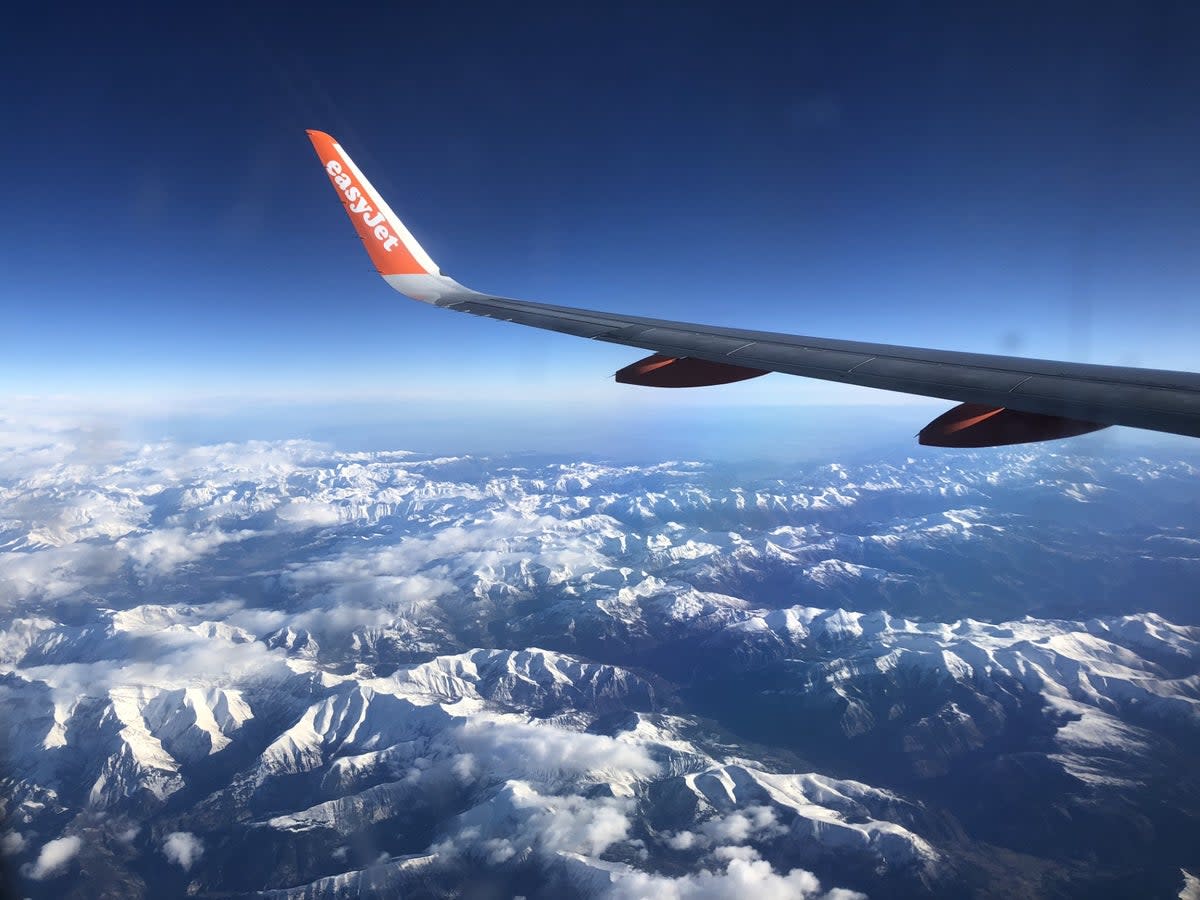Should budget airlines have loyalty schemes?

Airline frequent-flyer schemes can be powerful drivers of behaviour. At Orlando airport, while waiting for a Virgin Atlantic plane to Manchester, I got talking to a couple of business people who were also going to Manchester. But they were not on my flight. Instead, they were booked via Heathrow on British Airways.
Their journey would take about four hours longer, burn more fuel, involve more stress and uncertainty and make them wearier. So why were they doing it? Because of the precious points that promise future “free” flights and the maintenance of elite airline status.
Frequent-flyer schemes can distort rational choices and trigger suboptimal behaviour on the part of the traveller, damaging the environment and the business that is paying for the trip. That’s why some airlines love them.
A top executive for a budget airline once described the British Airways Executive Club as “the crack cocaine of frequent-flyer schemes”. Yet this week, the chief executive of Ryanair, Michael O’Leary, dismissed the prospect of Europe’s biggest budget airline joining the loyalty fray.
“If you want something loyal, buy a dog,” he urged me. “If you want the lowest air fares in Europe, fly Ryanair.”
But would you fly more with budget airlines if they rewarded your loyalty with free flights? Britain’s biggest budget airline, easyJet, offers a subscription scheme with benefits for frequent flyers.
I cheerfully pay £170 for my annual membership of easyJet Plus. The perks include a free large cabin bag; the ability to choose the best seats on the aircraft at no additional charge; and, probably the most useful aspect, a “fly home early” option on routes with multiple daily flights.
Next Wednesday, 1 May, for example, easyJet has three evening flights from Belfast International to Gatwick. I will always book the last one of the day (which is usually cheaper than the others). On the day, if I am able to travel back earlier, it is easy to switch with a call to a dedicated number.
All other things being equal, these benefits would persuade me to book with easyJet. But in aviation, things are very rarely equal. For example, for my trip from London to Venice this week, Ryanair had by far the best fare.
When comparing easyJet and British Airways, the cabin baggage allowance for easyJet Plus members works out the same as BA’s offer for all passengers. So price and timing will prevail.
I regard easyJet Plus as I do a railcard. Both involve an upfront investment that I expect to pay off, perhaps multiple times, over the course of a year – but with perks that are not sufficiently compelling to alter my behaviour and lead to suboptimal choices.
Rob Burgess, editor of the frequent-flyer website Head for Points, identifies some flaws in easyJet Plus from the airline’s perspective. “I reckon most corporate travellers can’t buy it,” he says – speculating that their travel organisers are too inflexible to allow such a one-off purchase, even if it reduces future flight costs and saves hundreds of pounds over the course of the year.
“I think most buyers are the self-employed or regular leisure travellers – possibly people who shuttle between a second home in Europe. In some ways, it lets regular ‘self-paid’ travellers pay less while not impacting what corporates spend.”
So what is different about the British Airways Executive Club and the ultra-loyal gentlemen I met in Orlando?
Rob Burgess lets us into the secret: “The unspoken secret of airline and hotel loyalty schemes is that the person who benefits (the traveller) is not the person who pays the bill (the employer).”
Frequent-flyer schemes, he says, are actually a transfer of benefits from employer to employee.
“If your core traveller is paying their own way, the maths doesn’t work as well,” the loyalty guru says. “The huge overheads of running a loyalty programme get added into ticket prices and it becomes inefficient. You end up paying an extra £7 for your ticket to get £5 of future benefits.
“This does work when it’s the employer paying the £7, but doesn’t work when you pay your own way – and Ryanair presumably has a higher percentage of people who pay their own way than the legacy airlines.”
If Ryanair were to introduce a parallel offer to easyJet Plus, I would snap it up. Which suggests Michael O’Leary is rightly disdainful.
Simon Calder, also known as The Man Who Pays His Way, has been writing about travel for The Independent since 1994. In his weekly opinion column, he explores a key travel issue – and what it means for you.

